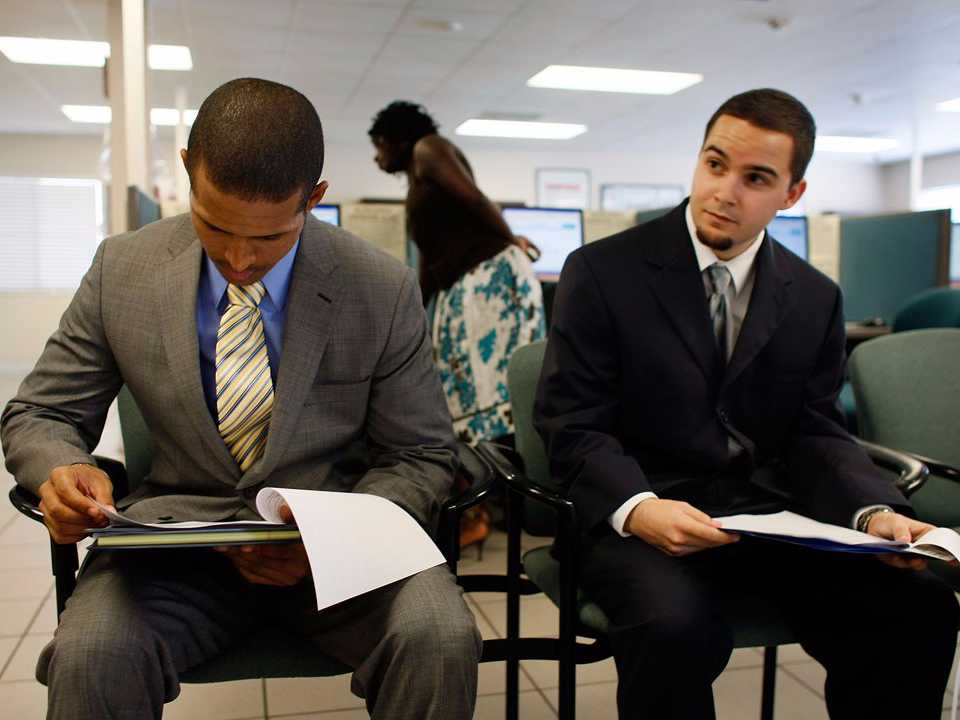After a dramatic walkout by labour leaders following the Federal Government’s proposal of N48,000 as the new national minimum wage, negotiations are set to resume with indications that the government might reconsider its stance.
The Chairman of the Tripartite Committee on National Minimum Wage, Alhaji Bukar Goni, conveyed this possibility in a letter inviting labour leaders back to the negotiation table.
The letter, dated May 16, 2024, highlighted the government’s willingness to shift its position on the proposed minimum wage.
The walkout occurred 24 hours after the Nigeria Labour Congress (NLC) and Trade Union Congress (TUC) leaders left the negotiation committee in protest against the government’s offer.
The organised private sector had initially proposed an offer of N54,000, which also spurred contention during the talks.
In response to the government’s proposal, the National President of the NLC, Joe Ajaero, vehemently rejected the offer, insisting on a minimum wage of N615,000.
Ajaero argued that this figure was arrived at after a thorough analysis of the current economic situation and the needs of an average Nigerian family of six.
Blaming both the government and the organised private sector for the breakdown in negotiations, Ajaero expressed disappointment in what he deemed as an inadequate proposal.
He highlighted the disparity between the proposed minimum wage and prevailing standards, asserting that the suggested amount would undermine the economic well-being of workers and their families.
The Director-General of the Nigeria Employers Consultative Association (NECA), Mr Adewale-Smatt Oyerinde, criticized the unions’ decision to walk out, labeling it as unfortunate.
He urged union leaders to reconsider their position and return to the negotiation table in the interest of their members and national development.
In response to the criticism, Ajaero defended the unions’ actions, emphasizing that the proposed N48,000 as the minimum wage insulted the sensibilities of Nigerian workers.
He accused the government of failing to provide substantiated data to support its offer, further undermining the credibility of the negotiation process.
Amidst the ongoing dispute, Goni’s letter invited labour leaders to resume negotiations, assuring them of the government’s willingness to reconsider its proposal. The letter underscored the importance of all parties coming together to analyze the tripartite position and make necessary concessions.
The resumption of negotiations holds significance for Nigerian workers, as the current minimum wage of N30,000 is set to expire soon.
The tripartite committee, comprising representatives from the government, private sector, and labour unions, aims to recommend a new national minimum wage that reflects prevailing economic realities and meets the needs of workers across the country.
As labour leaders prepare to return to the negotiation table, hopes are high for a resolution that addresses the concerns of workers while fostering national development and economic prosperity.
The outcome of the resumed negotiations will have far-reaching implications for millions of Nigerian workers and their families.



 Naira4 weeks ago
Naira4 weeks ago


 Naira3 weeks ago
Naira3 weeks ago


 News4 weeks ago
News4 weeks ago
 Travel4 weeks ago
Travel4 weeks ago




 Naira4 weeks ago
Naira4 weeks ago


 Jobs3 weeks ago
Jobs3 weeks ago
 Naira3 weeks ago
Naira3 weeks ago


 Travel3 weeks ago
Travel3 weeks ago



















